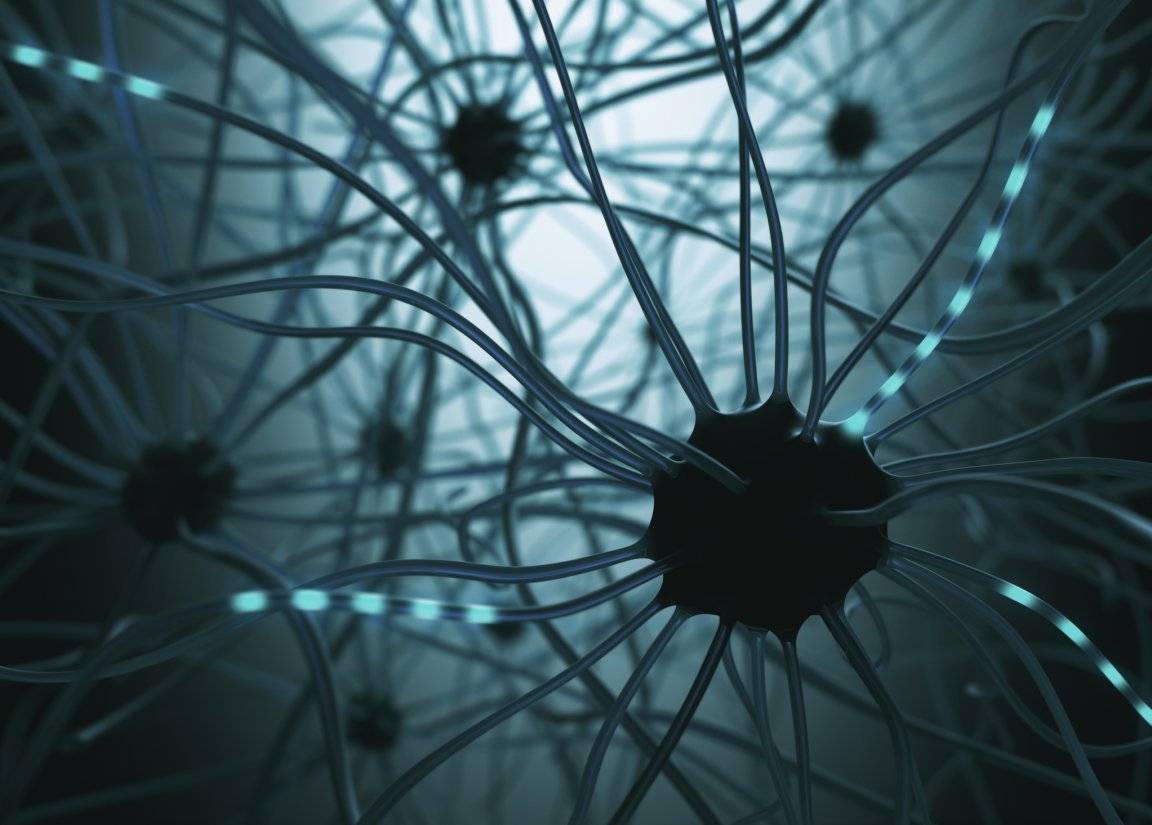
Neural Autofill
Though the brain is still very much a mystery, we have figured out a few of its tricks. Among those, we know that it copes with the uncertainties it encounters daily by creating a realistic model of the world to resolve them. Essentially, the brain rummages through its vast storehouse of past experiences to predict each possible contingency for every situation we run across, minimizing surprises, which, from an evolutionary standpoint, can be dangerous.
Neuroscientists have now identified the mechanism our brains use for overcoming uncertainties in auditory information, and it works much like a predictive text function, helping us anticipate what is most likely coming next as we listen to someone talking.
In the study, which is published in PLoS Biology, Newcastle University neuroscientist Yukiko Kikuchi and her team played nonsense speech sounds in various sequences to humans and macaques. As was the case in previous research, both species learned the grammatical rules of the artificial language quickly. After the initial learning period, subjects listened to more sound sequences, including some that violated those artificial grammar rules.
The team used microelectrodes to record responses from neurons that process sound information, focusing on both hundreds of individual neurons and large populations. In this way, they were able to compare the species’ responses and see that both species use the same neural mechanisms to process the sounds.
Understanding Brain Function
The researchers found that the predictive brain activity was remarkably similar in both species and that it varied depending on the sequence of sounds. This allowed the team to identify which activities utilized which populations of neurons and how the brain modifies its predictions.

This knowledge advances our understanding of the evolution of language and how the brain processes speech. It may lead to new, more accurate diagnostic tools and techniques for a variety of neurological conditions, such as dyslexia, attention-deficit hyperactivity disorder, and schizophrenia — conditions in which predictive responses are “off” in some way.
However, the methods used within the study may not translate to “real” languages as they are significantly different than the made-up language used in the study. More research should be able to determine if that is the case, though.